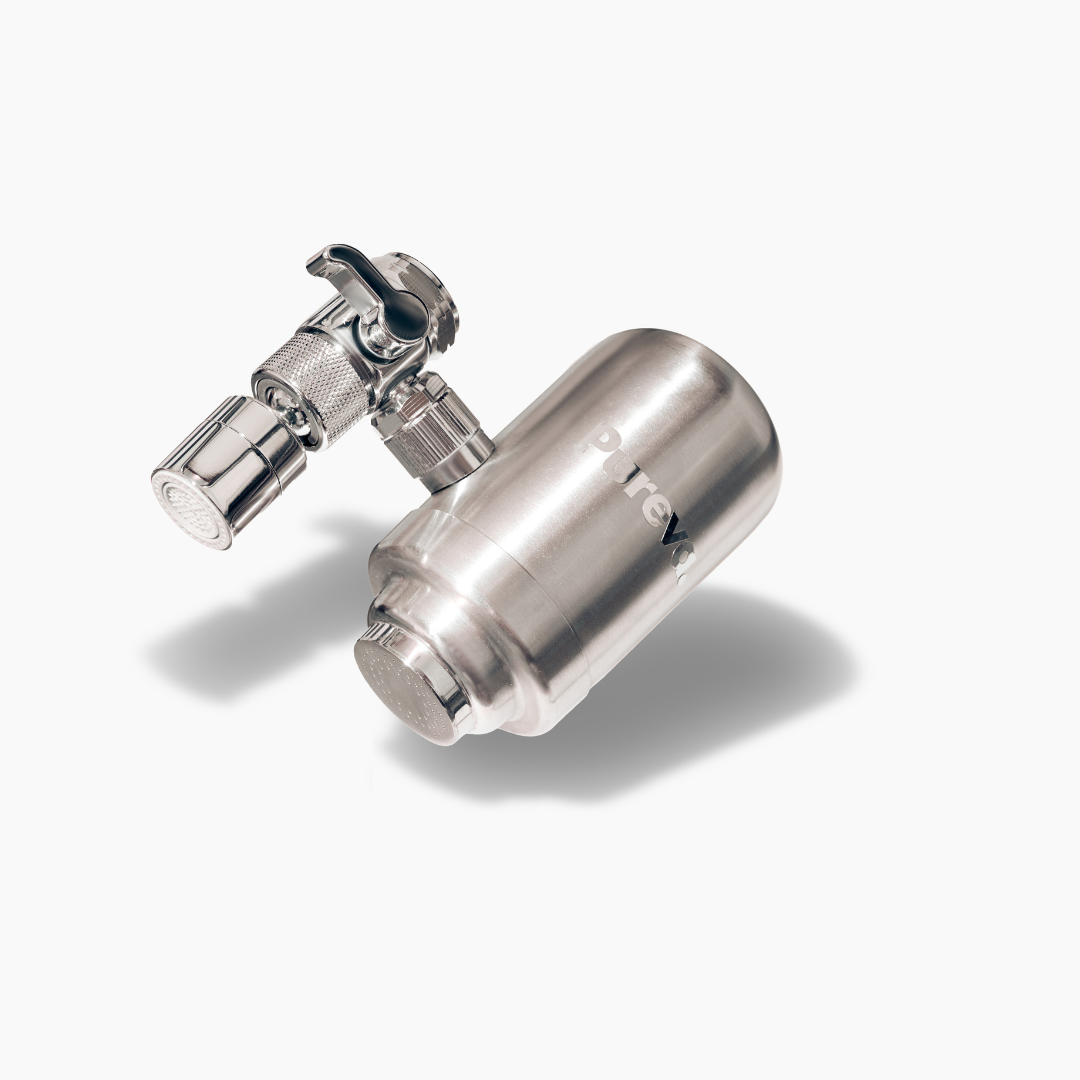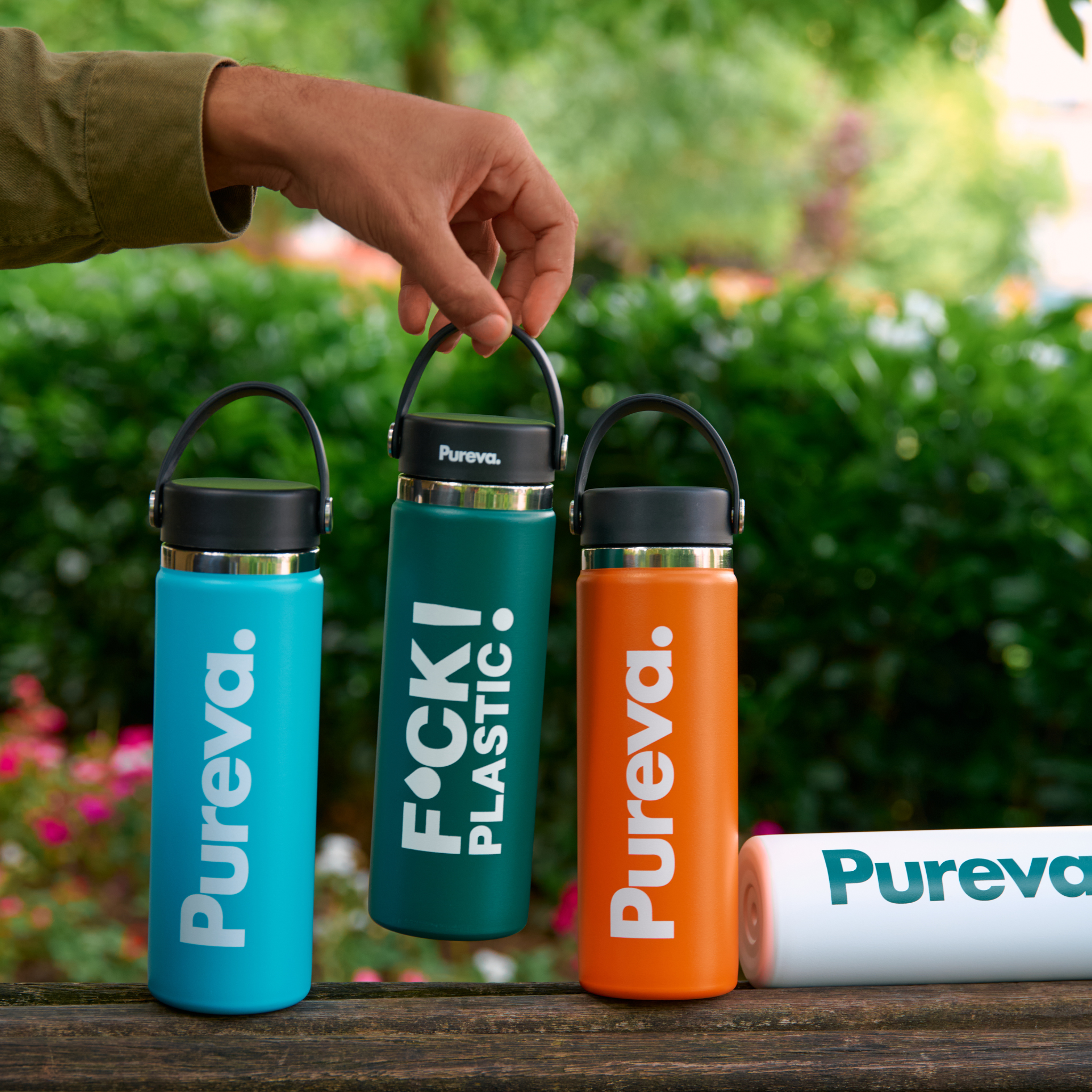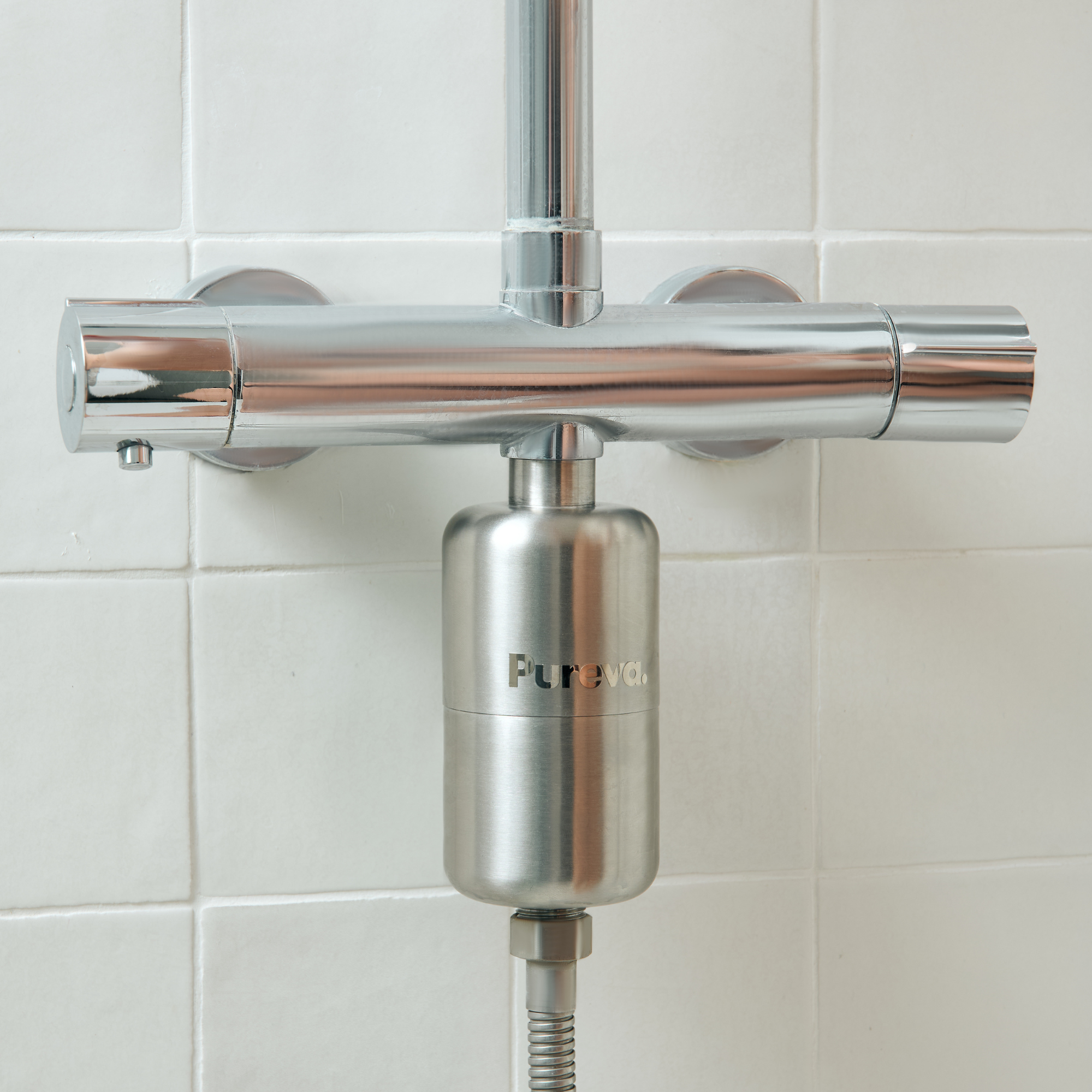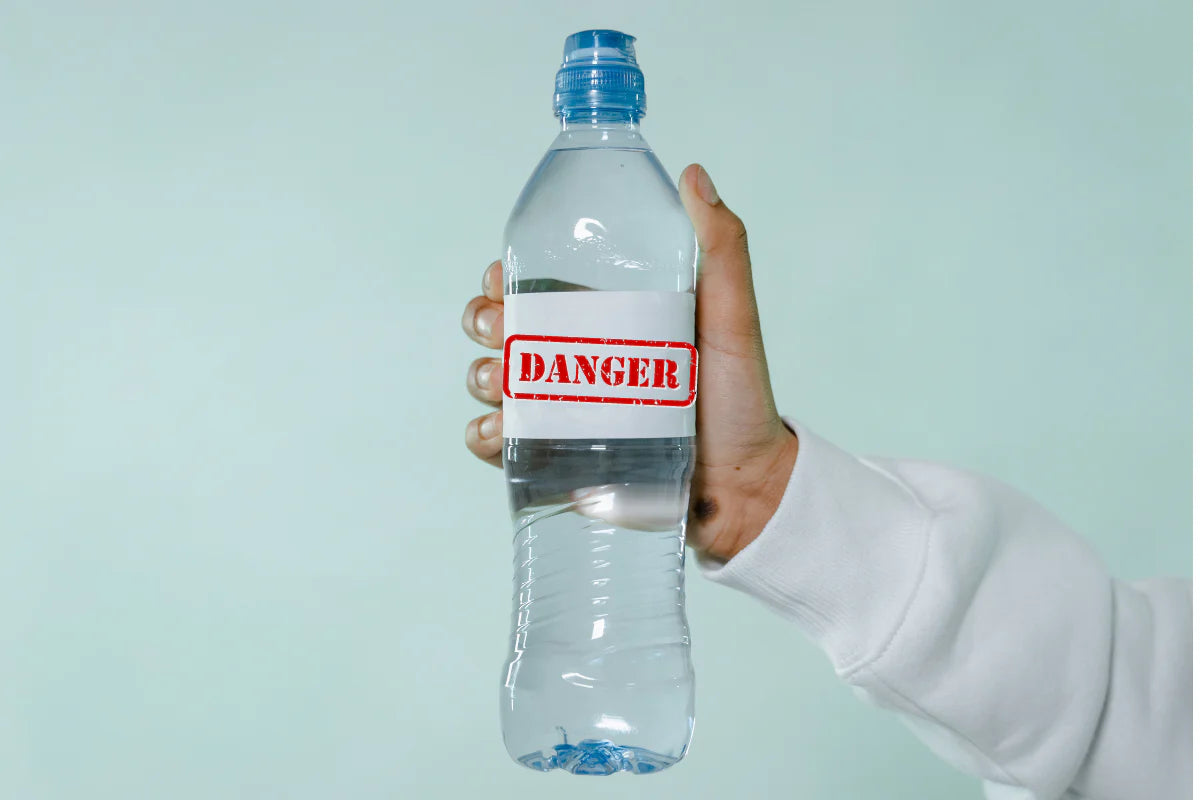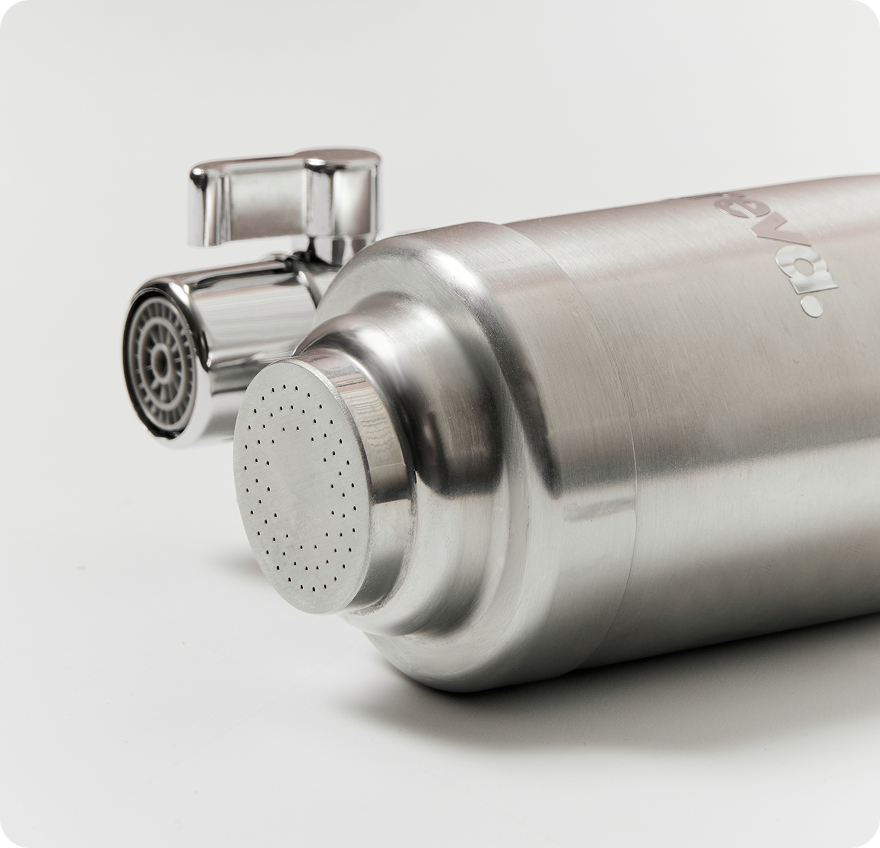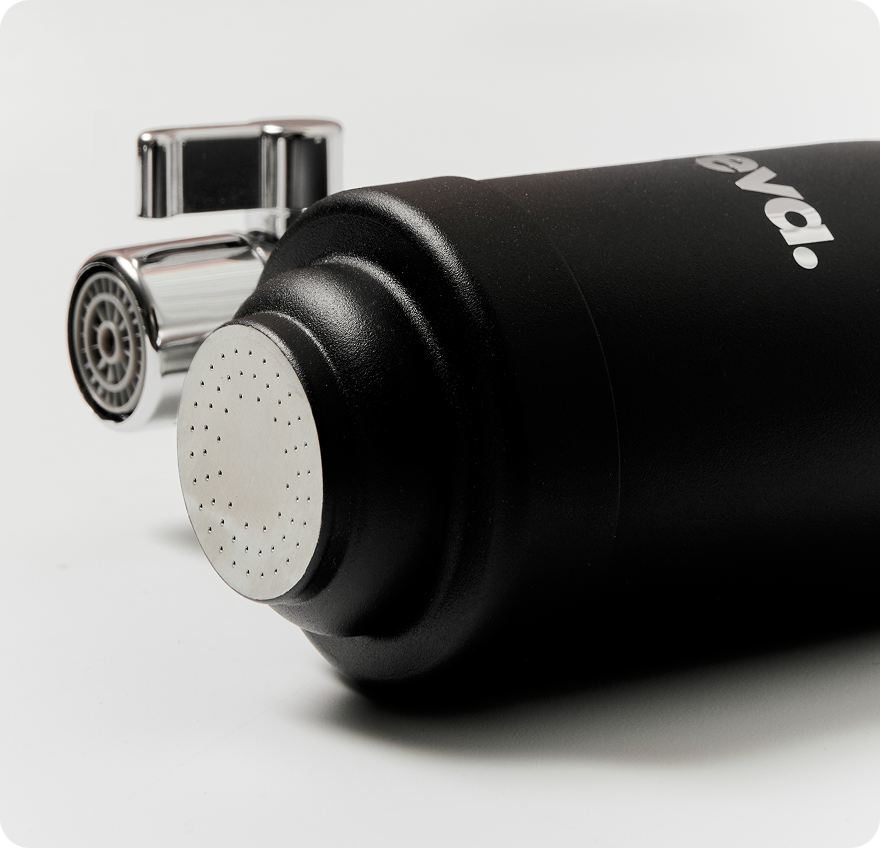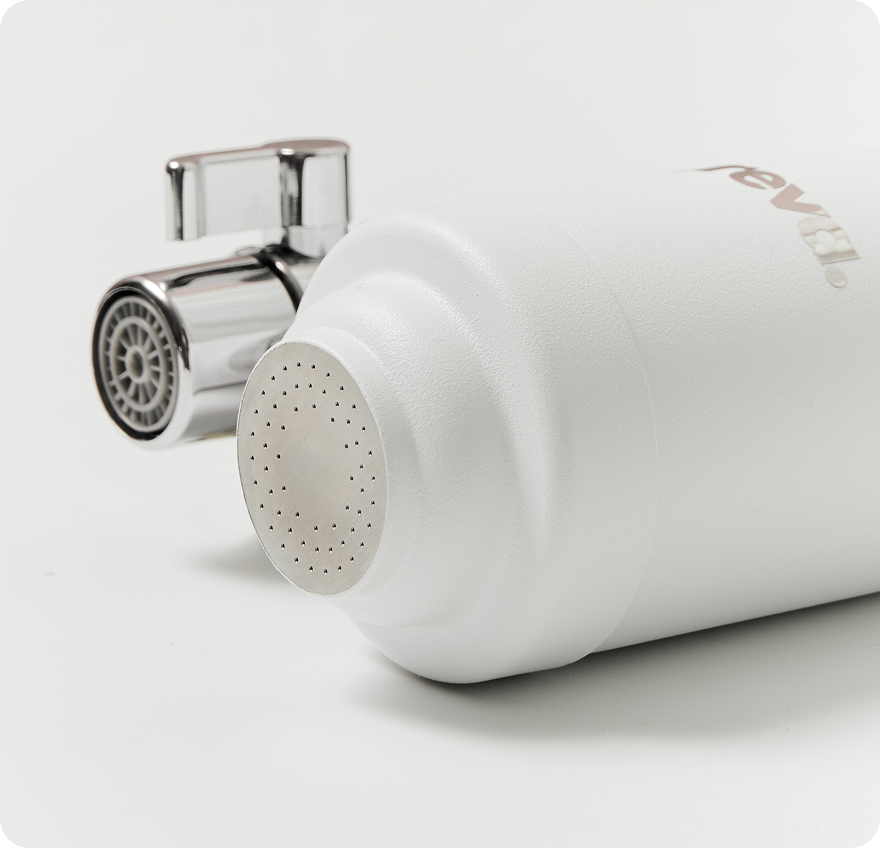Top 5 reasons to stop drinking bottled water!
In France, plastic bottled water is a deeply ingrained habit, with 47% of French people consuming it daily. This practice, while perceived as healthier, has numerous drawbacks for both health and the environment. Every year, billions of plastic bottles are produced, consumed, and often discarded in nature.
In 2020, nearly 89 billion water bottles were sold worldwide, generating an astronomical amount of plastic waste. The number of plastic bottles consumed each year in France is a major contributor to this environmental crisis. This overconsumption poses a major ecological problem. It's urgent to reconsider our consumption habits. Not convinced? Here are 5 reasons to stop drinking water from plastic bottles!
1) You ingest microplastics and nanoplastics!

Drinking water from plastic bottles exposes you to the ingestion of microplastics and nanoplastics.
According to a recent study published in the American journal "Proceedings of the National Academy of Sciences", each liter of bottled water can contain up to 370,000 plastic particles .
These fragments, often invisible to the naked eye, are small enough to enter the bloodstream and reach organs such as the brain and heart. Microplastics are already present in our bodies, ending up in our lungs or in the blood...
Even smaller nanoplastics are particularly worrisome for the quality of bottled water . Their tiny size (less than 100 nm, or one ten-thousandth of a millimeter) allows them to cross cellular barriers, potentially leading to more serious long-term toxic effects than microplastics. Research shows that these particles come primarily from polyethylene terephthalate (PET), the material used to make bottles.
2) The production of plastic bottled water has a considerable carbon footprint!

The production of plastic bottled water has a massive environmental impact. It takes no less than 42 liters of gas (natural, butane, or propane), 100 ml of oil, and 2 liters of water to make a 1.5-liter bottle of water. It's important to remember the transport and storage of these bottles which will add to the overall carbon footprint.
A study conducted in Barcelona, where 58% of the population consumes water exclusively in plastic bottles, revealed that the environmental impact of this method of consumption is 1,400 times greater than that of tap water . The study modeled the ecological cost of a scenario in which the entire population of Barcelona used only plastic bottles. The results show that this would result in a total cost of $83 million per year and the destruction of an average of 1.43 species.
The cause? The energy and materials needed to produce and distribute the bottles.
The fact is clear: the manufacturing process of plastic bottles , which includes the extraction of raw materials, production, and transportation, contributes significantly to greenhouse gas emissions. These emissions exacerbate climate change and have harmful effects on terrestrial and marine ecosystems. For us, this point is more than enough to cool us down and make us no longer accept drinking water in plastic bottles . But for the more skeptical, let's continue with a few other arguments...
3) Environmental pollution!

Despite recycling efforts and improvements in related processes, plastic bottles pose a major threat to the environment , especially our oceans. Every year, billions of pieces of plastic waste end up in the seas, and the bottles we consume are among the main contributors.
Once thrown away, they slowly degrade into microplastics (from 100 to 1,000 years depending on the material), tiny particles that can be ingested by fish and other marine animals, disrupting ecosystems and the food chain. So in practice, we drink water from a bottle that releases particles harmful to our health, then we throw it back into the oceans where these same particles will be ingested by marine animals that we then consume... the circle is complete. Don't see this as a judgment, we have also consumed without thinking in the past but the impact is far too important not to talk about it today!
Plastic pollution is so serious that it is estimated that there will be more plastic than fish in the oceans by 2050 if current trends continue. Recycling, often seen as a solution, is unfortunately not enough. Less than 30% of plastic bottles are recycled , and even those that are can only be recycled a limited number of times (only 2 to 3 times) before becoming unusable. This means that the majority of plastic containers end up being incinerated, landfilled, or worse, dumped in nature. This situation creates mountains of waste that pollute our land and water.
4) Drinking water in plastic bottles costs much more

Beyond the environmental impact, we're going to address a topic that affects us all much more directly, especially recently with the ever-increasing cost of living. Plastic bottled water represents a considerable financial cost .
👉 UFC - Que choisir, in France, alerts us on the subject with an average price of bottled water at €0.20 per liter for spring water versus €0.40 per liter for mineral water.
The price of tap water is only €0.003 per liter in comparison. For a daily consumption of 1.5 liters of water, this comes to around €110 to €220 per year for bottled water, compared to just €2 for tap water.
👉 Consuming water in plastic bottles is therefore much more expensive than drinking tap water, without offering any significant benefit in terms of quality!
5) Bottled water contamination scandals!

Contrary to popular belief, bottled water is not always safer than tap water. Recent scandals have revealed cases of bottled water contamination , calling into question its purity and safety. It is clear that in such large production runs, despite filters, there are cases where industrial health controls have not been sufficient. Pollution is everywhere, especially in the rivers and water tables owned by the most well-known companies.
In mainland France, tap water quality standards are actually very strict and regularly monitored, ensuring high-quality drinking water for the majority of consumers. Why pay more, pollute more, and take risks if the quality isn't guaranteed to be better?
Other reasons to prefer tap water?
In addition to the reasons already mentioned, there are many other benefits to choosing tap water over bottled water . With all these arguments, we hope you're no longer asking yourself this question, but just in case, here are some bonus reasons:
- Some bottled waters are too high in minerals: this will not necessarily suit everyone depending on their needs and prescriptions.
- The logistics of buying bottled water are tedious: You have to go to the store frequently, carry heavy packs of water, and make frequent trips back and forth. It's a pain, and it takes time and energy.
- Plastic bottles cannot be reused safely: Reusing plastic bottles leads to the proliferation of germs and bacteria, posing health risks.
- The shelf life of plastic bottled water is limited : bottled water has an expiration date and can deteriorate if exposed to heat or light.
Alternatives to drinking plastic bottled water
So yes, we're going a bit far in this article, but these facts are very real. Our idea is not to make you feel bad, but to offer you an economical, sustainable, and healthy alternative . Water quality is a major health issue, and our own history has pushed us to become more involved in this area.
To reduce our dependence on plastic bottled water, there are several eco-friendly and practical alternatives. One of the best options (effectiveness vs. price) is to install a water filter directly on the tap.
A device like Pureva's improves the quality of tap water , as well as its taste, by removing impurities such as chlorine, pesticides, and heavy metals. The idea is to combine this technology with healthy containers such as aluminum or stainless steel bottles, which are excellent alternatives to plastic bottles . They are durable, can be used for many years, and do not present the health risks associated with plastic. By using them, we also reduce the amount of plastic waste produced.
By deciding to adopt these alternatives, you contribute to the protection of the environment, Save money while reducing your and your loved ones' exposure to contaminants in plastic bottles . Every little bit helps towards a more sustainable future, whether for the planet or for your health!

